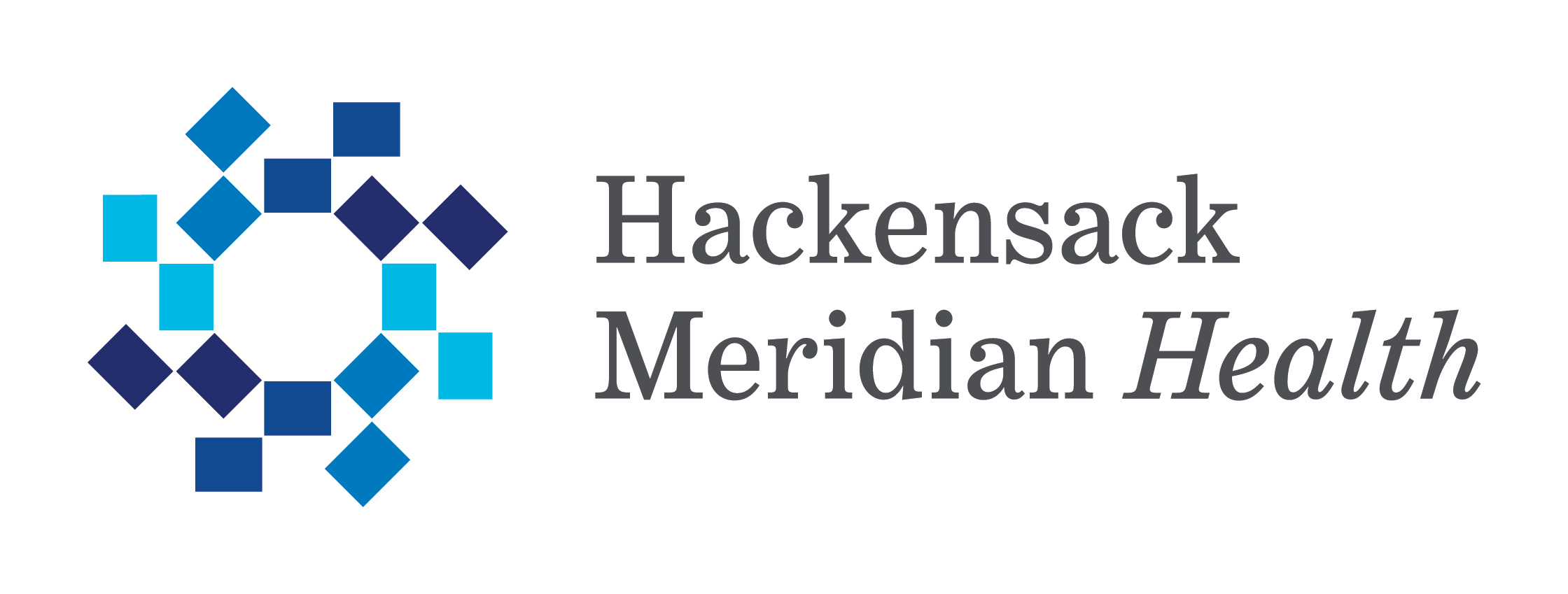Newswise — The Division of Movement Disorders at the Departments of Neurology and Neurosurgery at Hackensack Meridian Health Hackensack University Medical Center has been selected as one of multiple medical centers in the United States to participate in the RESTORE-1 Phase 2 Clinical Study of VY-AADC, an investigational gene therapy for Parkinson’s disease. The randomized, double-blinded, placebo-surgery controlled trial, RESTORE-1, will evaluate the safety and efficacy of the surgically delivered VY-AADC for people with advancing Parkinson’s disease.
The hospital is recruiting participants ages 40-75, male and female, who have been diagnosed with Parkinson’s disease for four years or more and who have been experiencing unpredictable motor functions despite oral medications. The study will involve two months of pre-treatment assessment and 12 months of follow-up visits.
Each eligible study participant will undergo a surgical procedure while asleep. Prior to the procedure, study participants will be randomly assigned to one of two treatment groups: either the experimental gene therapy group or the placebo group. The study is double-blinded, so neither the patient nor their neurologist will know which group they are in.
Parkinson's disease is characterized by a loss of dopamine and its function. Dopamine is a chemical "messenger" that is produced in the brain and is involved in the control of movement. Dopamine is made in the brain when the enzyme AADC (Aromatic l-amino acid decarboxylase) converts the chemical levodopa to dopamine. Levodopa, AADC, and dopamine are each present at normal levels in healthy people. As Parkinson's disease worsens, there is less AADC enzyme in parts of the brain where it is needed to convert levodopa to dopamine. When this happens, patients' motor function may worsen with a less predictable response to medications.
VY-AADC is an investigational gene therapy designed to put the AADC enzyme into brain cells where it can convert levodopa to dopamine. To do this, the AADC gene is delivered inside a transporter called "adeno-associated viral vector" (AAV). The investigational one-time therapy is delivered directly to the putamen, a part of the brain that helps control motor function, during a neurosurgical procedure monitored with real-time MRI imaging.
For more information about the RESTORE-1 clinical trial, including eligibility criteria, please visit restore1study.com or clinicaltrials.gov or call 551-996-3075.
About the Division of Movement Disorders at Hackensack Meridian Health University Medical Center
The Division of Movement Disorders at Hackensack University Medical Center is a state-of-the-art, comprehensive interprofessional center which offers the most advanced treatments for patients suffering from conditions such as Parkinson’s disease and other movement disorders. Using the most sophisticated techniques currently available in the diagnosis and treatment of these disorders, patients are offered a full gamut of treatment options that include personalized medication management, counseling for disease adjustment problems, neurocognitive testing and rehabilitation, gait training, occupational and speech therapy, sleep evaluations, new medication trials and the full scope of surgical treatments for these conditions, including Deep Brain Stimulation (DBS).
About Hackensack Meridian Health Hackensack University Medical Center
Hackensack Meridian Health Hackensack University Medical Center, a 781-bed nonprofit teaching and research hospital located in Bergen County, NJ, is the largest provider of inpatient and outpatient services in the state. Founded in 1888 as the county’s first hospital, it is now part of the largest, most comprehensive and truly integrated health care network in New Jersey, offering a complete range of medical services, innovative research and life-enhancing care, which is comprised of 34,100 team members and more than 6,500 physicians. Hackensack University Medical Center is ranked #2 in New Jersey and #59 in the country in U.S. News & World Report’s 2019-20 Best Hospital rankings and is ranked high-performing in the U.S. in colon cancer surgery, lung cancer surgery, COPD, heart failure, heart bypass surgery, aortic valve surgery, abdominal aortic aneurysm repair, knee replacement and hip replacement. Out of 4,500 hospitals evaluated, Hackensack is one of only 57 that received a top rating in all nine procedures and conditions. Hackensack University Medical Center is one of only five major academic medical centers in the nation to receive Healthgrades America’s 50 Best Hospitals Award for five or more years in a row. Becker’s Hospital Review recognized Hackensack University Medical Center as one of the 100 Great Hospitals in America 2018. The medical center is one of the top 25 green hospitals in the country according to Practice Greenhealth, and received 26 Gold Seals of Approval™ by The Joint Commission – more than any other hospital in the country. It was the first hospital in New Jersey and second in the nation to become a Magnet® recognized hospital for nursing excellence; receiving its sixth consecutive designation in 2019. Hackensack University Medical Center has created an entire campus of award-winning care, including: John Theurer Cancer Center, a consortium member of the NCI-designated Georgetown Lombardi Comprehensive Cancer Center; the Heart & Vascular Hospital; and the Sarkis and Siran Gabrellian Women’s and Children’s Pavilion, which houses the Joseph M. Sanzari Children’s Hospital and Donna A. Sanzari Women’s Hospital, which was designed with The Deirdre Imus Environmental Health Center® and listed on the Green Guide’s list of Top 10 Green Hospitals in the U.S. Hackensack University Medical Center is the Hometown Hospital of the New York Giants and the New York Red Bulls and is Official Medical Services Provider to THE NORTHERN TRUST PGA Golf Tournament. It remains committed to its community through fundraising and community events especially the Tackle Kids Cancer Campaign providing much needed research at the Children’s Cancer Institute housed at the Joseph M. Sanzari Children’s Hospital. To learn more, visit www.HackensackUMC.org.
